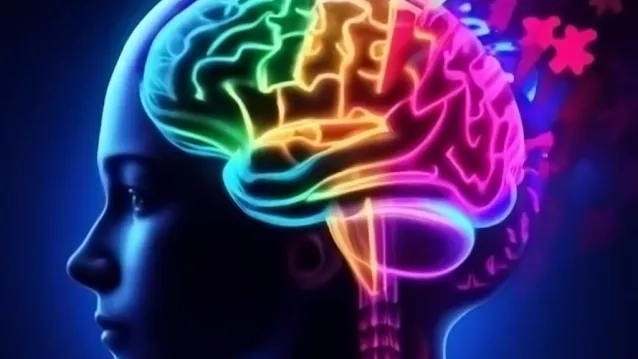The concept of conscience, often touted as a uniquely human trait that distinguishes us from both machines and animals, has long been a subject of philosophical and religious contemplation. However, a rational inquiry into the nature of conscience reveals a more nuanced picture, one that challenges the notion of its divine or exceptional origin.
Conscience: A Product of Evolution or Divine Gift?
The traditional view of conscience posits it as an innate moral compass, a divine spark within us that guides our actions towards good. This perspective often aligns with religious beliefs, which attribute conscience to a higher power. However, a growing body of scientific evidence suggests that conscience is a product of evolution, shaped over millennia by societal pressures and biological factors.
Neuroscientific studies have identified specific brain regions associated with moral decision-making. The prefrontal cortex, for instance, plays a crucial role in weighing options, considering consequences, and regulating emotions. These findings suggest that conscience is not a mystical force but a complex interplay of neural processes.
Moreover, animal behavior research has revealed that many species exhibit behaviors that can be interpreted as moral or ethical. For example, chimpanzees have been observed displaying empathy, cooperation, and even a sense of fairness. This suggests that the capacity for moral judgment is not exclusive to humans but is a shared trait among many animals.
The Illusion of Specialness
The belief in a uniquely human conscience often stems from a desire to feel special, to believe that we occupy a privileged position in the grand scheme of things. This desire can lead us to exaggerate our abilities and attributes, including our moral sensibilities.
However, a rational examination of the evidence suggests that our sense of conscience is not as exceptional as we might like to think. It is a product of our evolutionary history, shaped by our social interactions and biological makeup. While we may possess the capacity for moral judgment, it is not a divine gift but a complex cognitive function that is shared with other species.
The Accidental Universe and the Accidental Conscience
The idea that the universe itself was an accident, a chance collision of particles and energy, is a compelling one. It challenges the traditional view of a purposeful creation and suggests that everything, including our consciousness and conscience, is a product of chance.
If the universe and life itself are accidents, then it follows that our sense of conscience is also an accident. It is a byproduct of our evolutionary history, a fortunate outcome of a series of chance events. This perspective does not diminish the importance of morality or ethics, but it does challenge the notion that our moral sensibilities are somehow divinely ordained.
Conclusion
The concept of conscience, while often held dear, is ultimately an illusion of specialness. A rational inquiry into its nature reveals that it is a product of evolution, shaped by societal pressures and biological factors. It is not a divine gift but a complex cognitive function that is shared with other species. By recognizing the accidental nature of our existence and the limitations of our moral judgment, we can develop a more realistic and humble view of ourselves and our place in the universe.

Comments